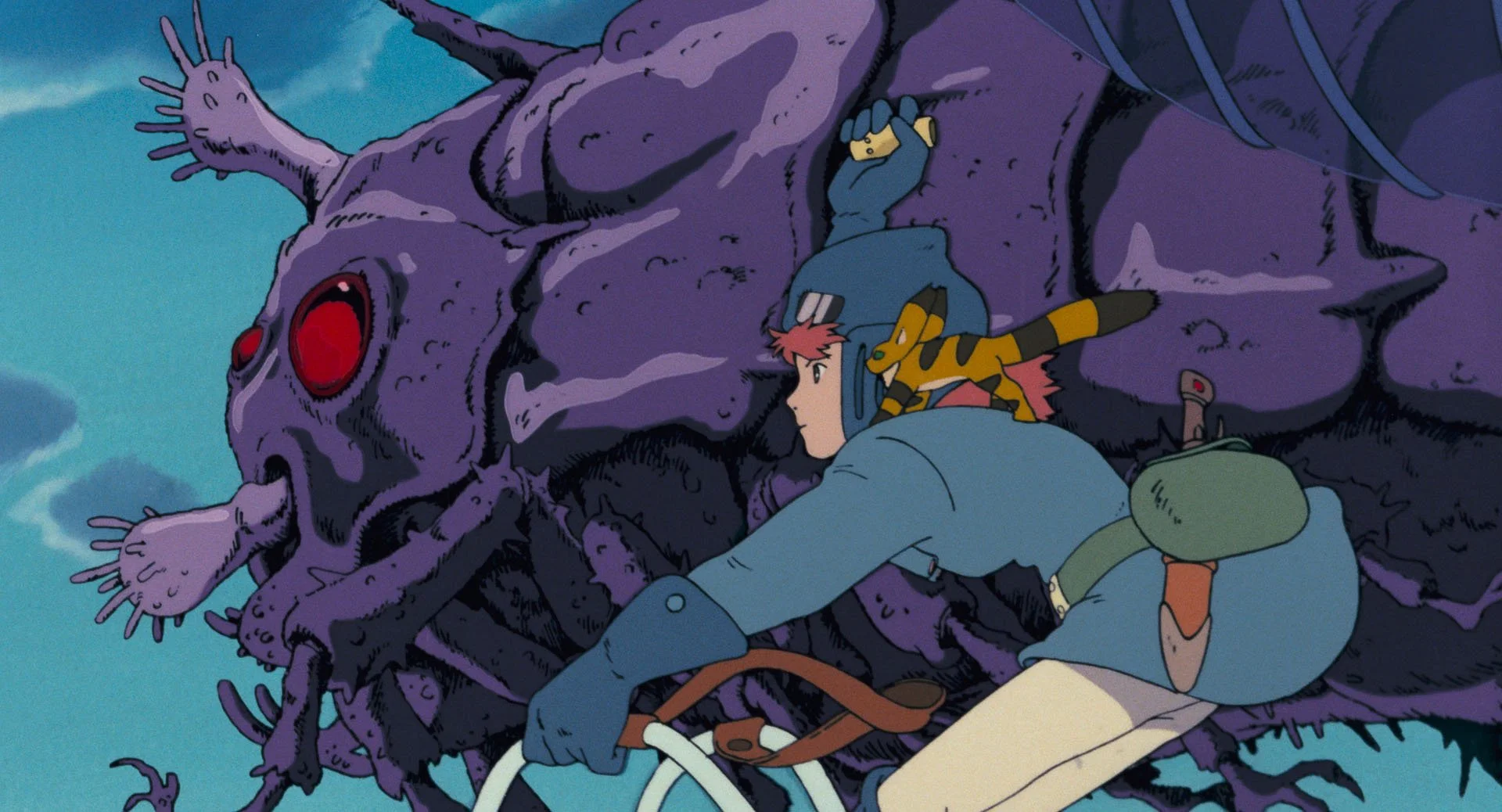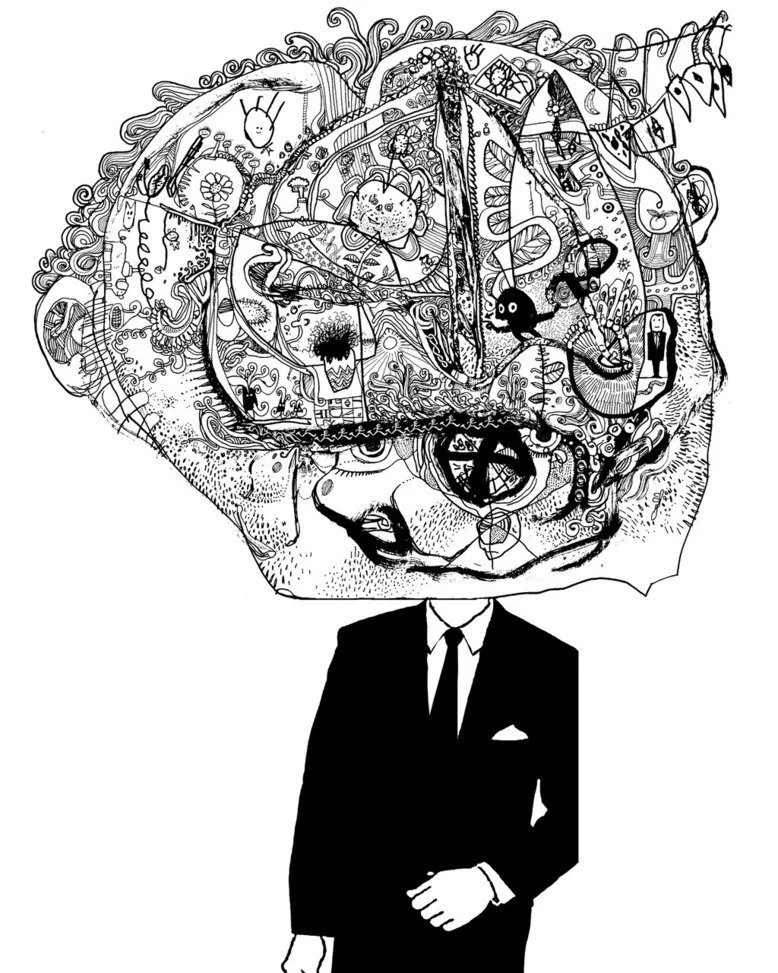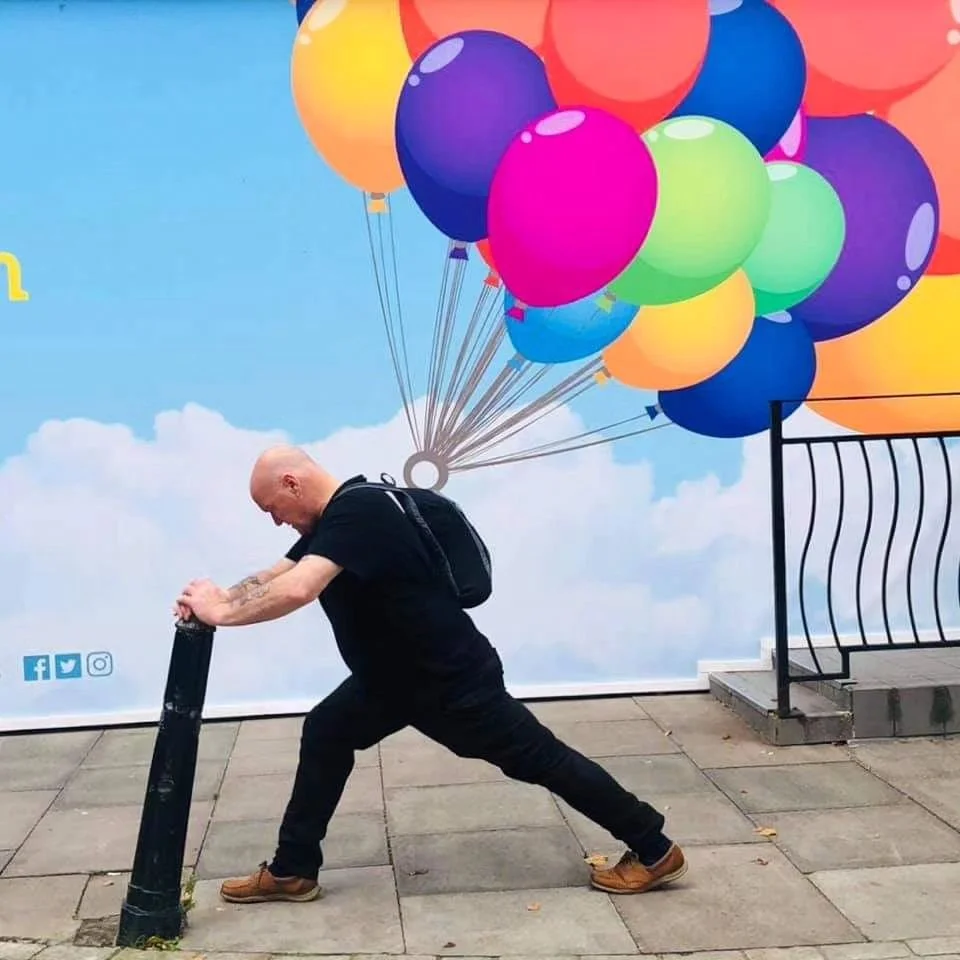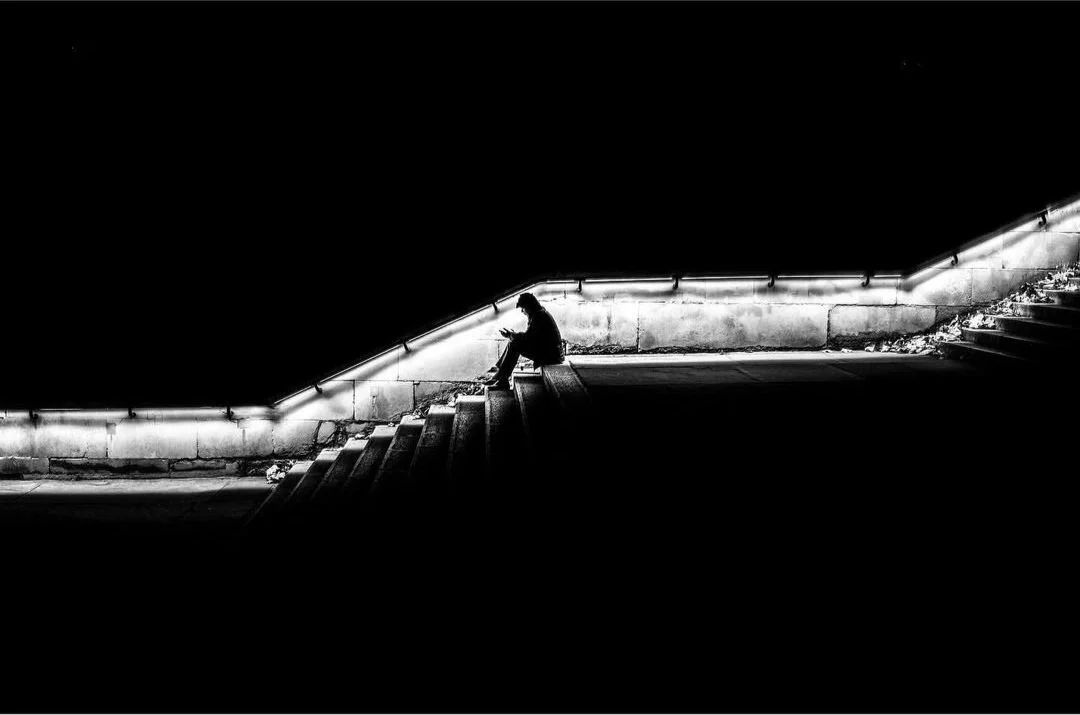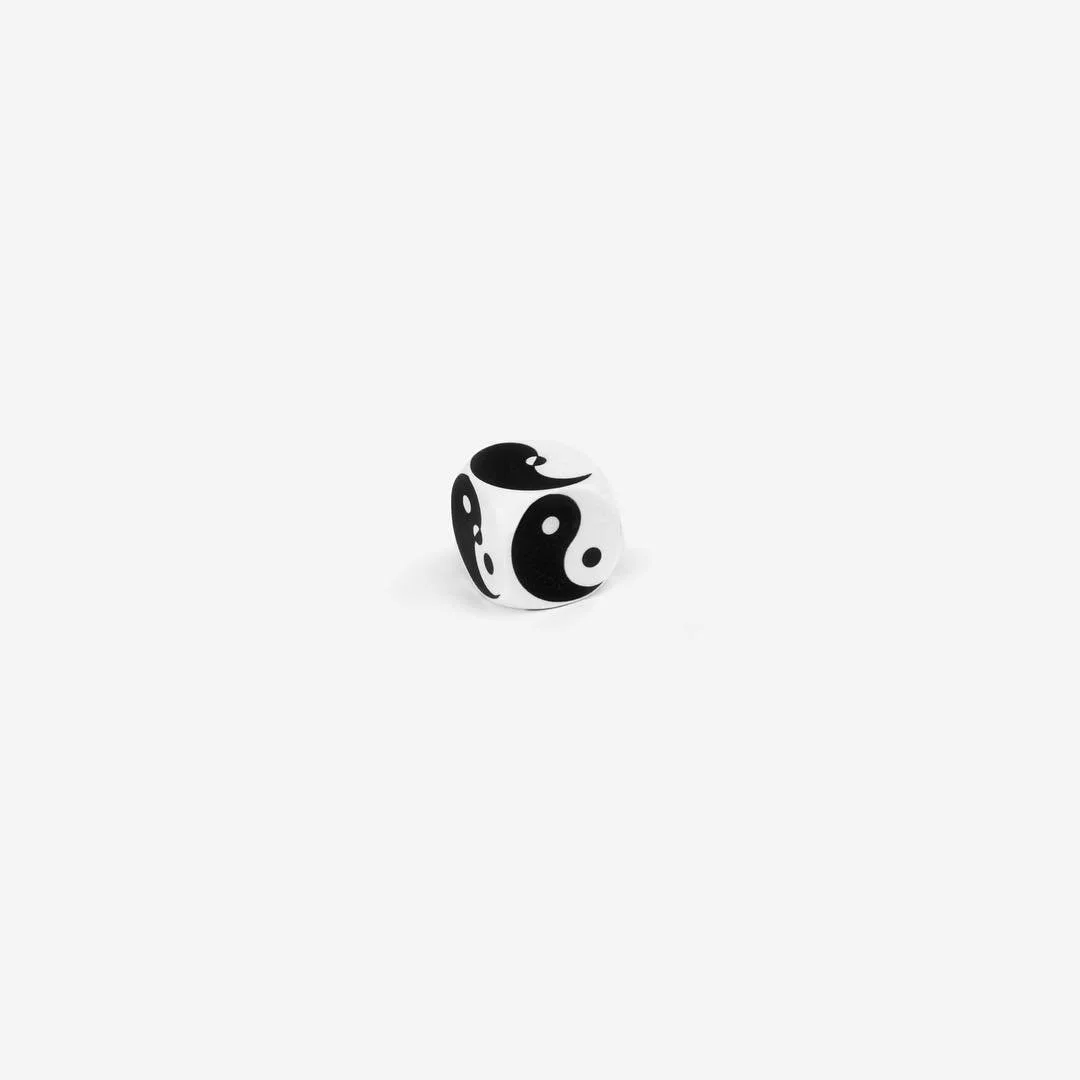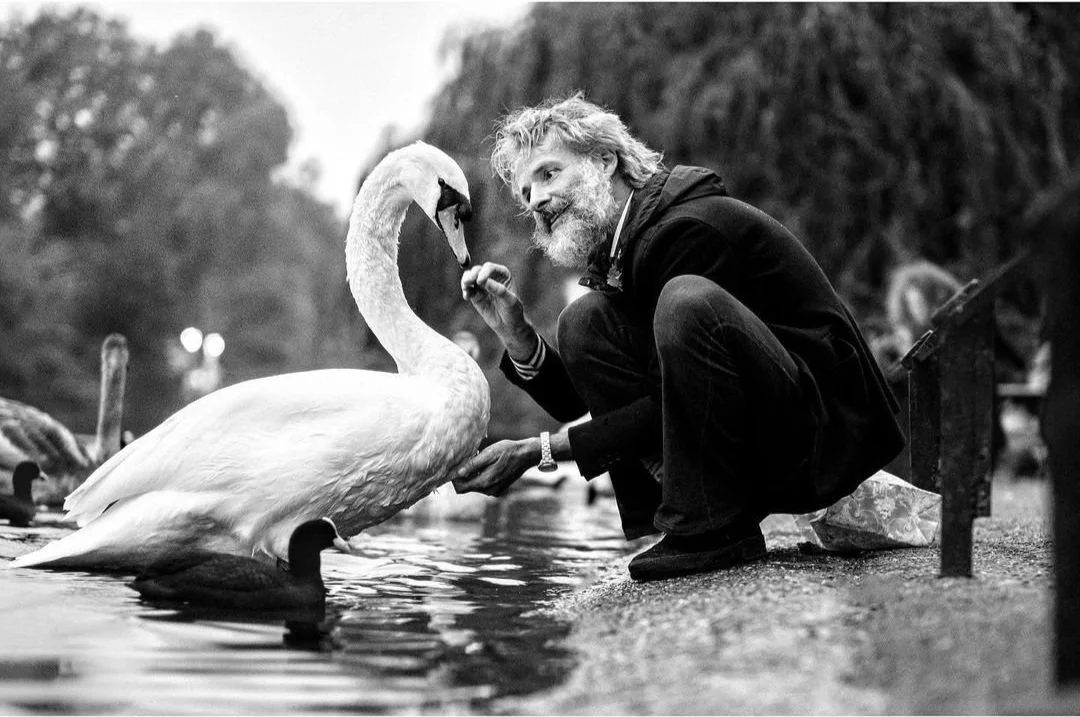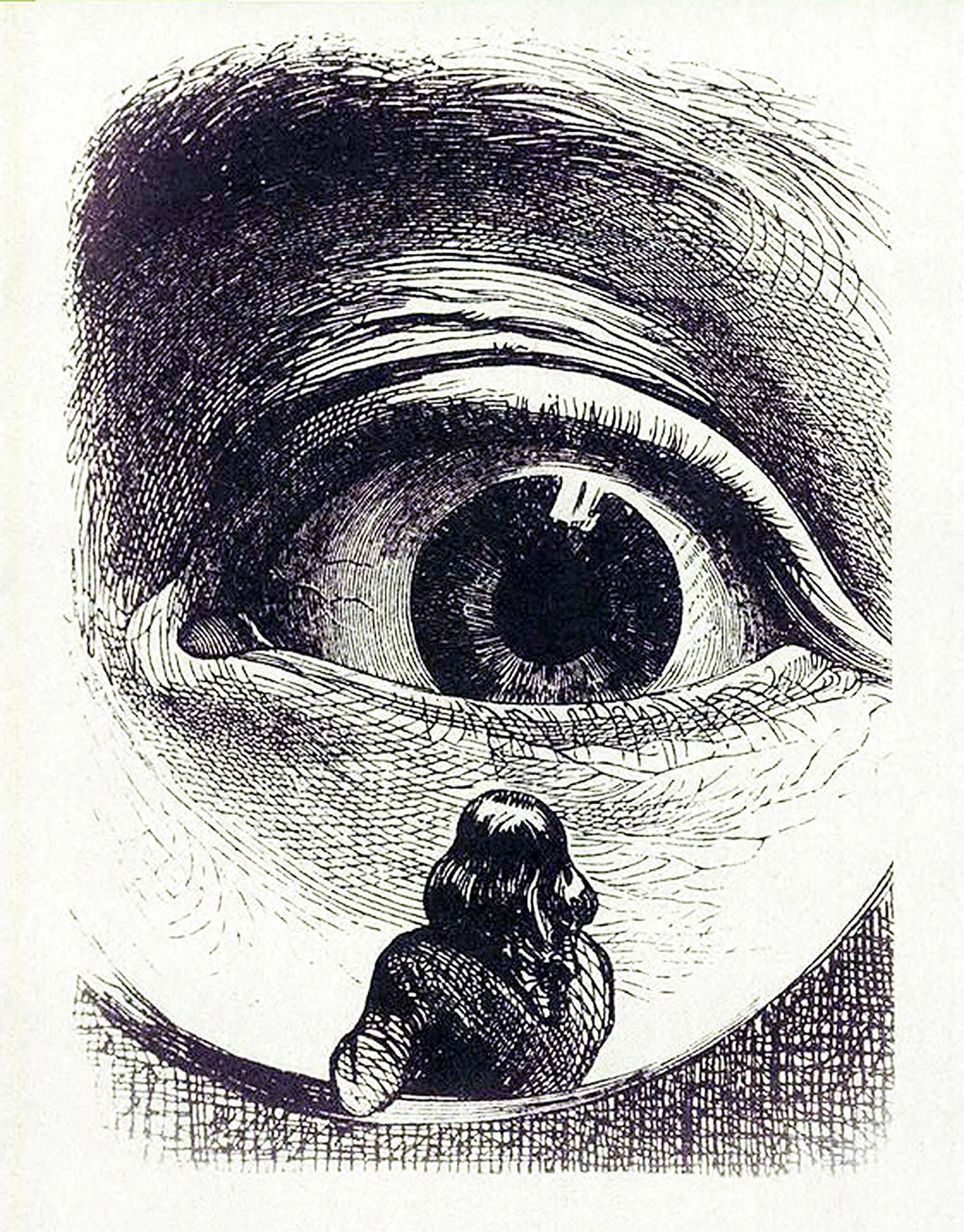I love autumn. It teaches us how to end a cycle of life with dignity, meaning, and grace —so we can begin it again.
Imagine a sentence without a period at the end
It feels uncomfortable, right? It’s like the step disappeared beneath your foot.
It feels like leaving things undone. A chest of treasure left unopened, one our subconscious can’t forget.
For example, few debrief after a project. And without that, there's no way to stop the bad and multiply the good. Yet by shedding its skin, the snake does not die, but lives.
Beyond its usefulness, autumn is beautiful. In Japanese culture, there’s a term “mono no aware” (物の哀れ), which means “the bittersweet charm of things, of the world, of life.”
The only constant is change. Clinging to the usual order, success, power, or youth dooms us to suffering. But like a snake shedding its skin, we do not die—we live anew.
What remains is “a long, deep, contemplative, grateful, light, and tender sadness about the fact that the state of impermanence is a given in this world and an inseparable part of life itself.” [1]
Autumn teaches us to feel both sadness and gratitude for everything we have.
Sincerely yours,
-Alexander
About me:
As a business therapist, I help tech founders quickly solve dilemmas at the intersection of business and personality, and boost company value as a result.
How can I help you?
If you've long been trying to understand what is limiting you and/or your business and how to finally give important changes a push, then The Catalyst Session is designed specifically for you. Book it here.








